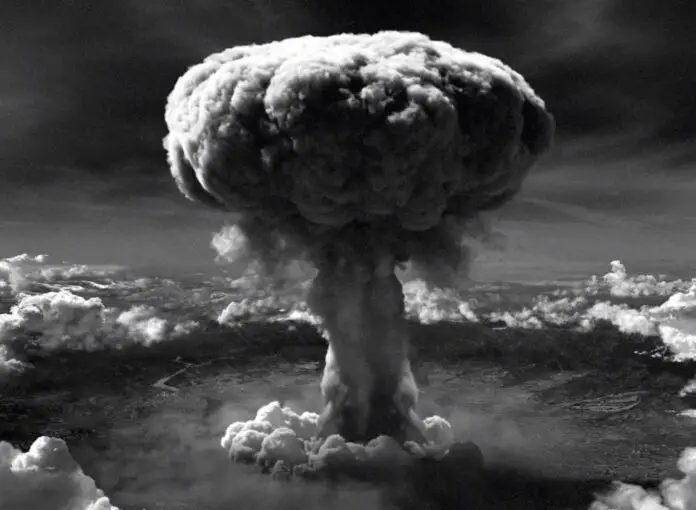As human beings, we rely on our understanding of history to make sense of the present and guide our decisions for the future. However, what if there were more than one versions of history? What if our understanding of reality was not fixed but rather constantly shifting and evolving? This is the premise behind the Mandela Effect, a phenomenon where a large group of people remembers an event or detail differently from its actual occurrence.
Philosophical Implications of the Mandela Effect
The Mandela Effect raises profound questions about the nature of reality and our place in it. If our memories can be so easily manipulated, what does this say about our perception of the world? Is history nothing more than a collection of subjective interpretations and perspectives? If so, then what is the objective truth, and can it ever truly be known?
One possible explanation for the Mandela Effect is the theory of parallel universes. According to this theory, there are multiple versions of reality existing simultaneously, each with its own set of events and outcomes. If this is true, then the Mandela Effect could be a result of our consciousness shifting between these different universes, causing us to remember events differently.
Multiple Versions of History
The existence of multiple versions of history is not a new concept. Throughout history, different cultures and societies have had their own interpretations of events, often conflicting with one another. Even within a single culture or society, there can be different versions of history depending on who is telling the story.
One example of this is the concept of “people’s history,” which emphasizes the experiences and perspectives of marginalized groups that have been excluded from traditional historical narratives. By highlighting these alternative perspectives, people’s history challenges the dominant narrative and offers a more nuanced and complex understanding of the past.
The concept of multiple versions of history is not limited to the Mandela Effect or the experiences of marginalized groups. History is, by its nature, a complex and multifaceted subject, and different perspectives and interpretations of events can coexist within the same society or culture.
For example, even events that are considered “official” or “established” can be subject to interpretation and revision. This can happen for numerous reasons, such as new evidence coming to light or changes in societal attitudes and values.
One example of this is the way in which the history of colonialism and imperialism has been reevaluated in recent years. While previous generations may have viewed colonialism as a benign or even positive force, contemporary perspectives tend to emphasize the violence, exploitation, and oppression that were inherent in these systems. This shift in understanding has led to greater recognition of the perspectives and experiences of colonized peoples, as well as a reconsideration of the role that colonialism played in shaping the modern world.
Another example of multiple versions of history is the way in which different cultures and societies remember and interpret the same events. For example, the bombing of Hiroshima and Nagasaki is widely viewed in the West as a necessary measure that helped to end World War II. However, in Japan, the bombings are remembered as a horrific and tragic event that caused immense suffering and loss of life.
Similarly, the history of European colonialism in Africa and Asia is viewed very differently by Western and non-Western societies. While Western countries tend to emphasize the economic and technological advances that resulted from colonialism, non-Western societies tend to focus on the violence, exploitation, and cultural destruction that were also part of the colonial experience.
The existence of multiple versions of history can be both a challenge and an opportunity. On the one hand, it can be tough to reconcile conflicting interpretations and perspectives, and there is always the risk of revisionism and historical denialism. On the other hand, multiple versions of history can offer a more nuanced and complex understanding of the past, one that takes into account the experiences and perspectives of diverse groups and cultures.
Conclusion
The Mandela Effect raises important questions about the nature of reality and our understanding of history. While it may be unsettling to think that there are multiple versions of events, it also offers the possibility of a more inclusive and diverse understanding of the past. However, we must be cautious in our use of technology and social media and remain vigilant against the spread of misinformation and propaganda.
Ultimately, our understanding of reality and history will continue to evolve and change, and it is up to us to navigate this uncertain terrain with clarity and purpose. In the end, the challenge for historians and society as a whole is to remain open to new evidence and interpretations while also being critical and vigilant in our evaluation of competing claims and perspectives. By doing so, we can continue to expand and refine our understanding of the past while also remaining mindful of the ways in which history continues to shape our present and future.
